The Prime Minister, her ministers and other pro-Brexit talking heads now constantly repeat a mantra of five things they claim the public voted for in the referendum and will insist on in any Brexit deal:
-
- Ending jurisdiction of the European Court of Justice (ECJ) in the UK
- Controlling our borders
- Ending free movement
- Ending our “vast payments” to the EU
- Leaving the customs union and single market
But, no matter how much the public are encourage to boo and hiss at them, these supposed villains are as fake and over the top as pantomime baddies.
1. Ending ECJ jurisdiction
This is sometimes referred to as ending the ability of the Court to make our laws. But the Court does not make law. It settles disputes about laws already made by politicians (including our UK ministers in the EU Council). Almost any international agreement on issues of such scope involve a court or tribunal to arbitrate disputes.
The government’s white paper fudges this by saying that ECJ jurisdiction will end but we will “have due regard for its case-law.” Who are they trying to fool?
In truth, the EU court has rarely been much of an issue or a problem for Britain. It is NOT the same institution as the European Court of Human Rights, which regularly causes controversy (e.g. the Abu Hamza deportation case or prisoner voting rights).
The government is playing on confusion between the two courts to deliberately confuse, even dog whistle, to a particular segment of public opinion.
2. Controlling our borders
The UK already fully controls its own borders. There wouldn’t be a camp near Calais of people unable to enter Britain if we didn’t.
But leaving the EU means that our border controls will be LESS effective, in potentially three ways:
- We’ll be out of the EU’s system of cooperation among police and intelligence forces through which we can access information from fingerprints to criminal records. It also means we’ll drop out of the coordinated police fight against international gangs of people traffickers.
- We’ll drop out of the “Dublin” regulation — an EU agreement that asylum-seekers should be dealt with by the EU country in which they first arrive, and can be sent back to that country.
- We’ll find it more difficult to keep our biggest border control at Calais rather than Dover. A partnership agreement with our EU neighbour, France, means we can process arrivals before they reach the UK. If people arrived at Dover and then were found ineligible to enter, we would have the often difficult problem of deporting them — a problem which we currently avoid. Since the Brexit vote, France has already sought changes to this agreement and insisted on an extra £45 million from the UK to fund the costs.
3. Ending free movement
Free movement is a reciprocal right. Nearly 2 million Brits are living in other EU countries and around 3 million other Europeans live in the UK.
It is not an unconditional right. You have to be in work (normally within 3 months) or be self sufficient to remain in another EU country.
British governments have never fully enforced those conditions. That is its own fault, not the EU’s.
Britain also downplays the fact that most migration to Britain comes from outside the EU, entirely a matter for national rules and nothing to do with the EU.
And finally, we are beginning to realise that many of our industries and public services are dependent on EU labour, from highly skilled doctors, engineers and nurses to seasonal agricultural labourers.
Once again, the parroting of a simplistic slogan does not take into account the practical reality of how free movement of workers is essential for our economy and public services.
4. Stop handing over “vast amounts of money” as our “subscription” to the EU
There is no “subscription” to the EU. There is joint spending at EU level through a common budget, usually where spending at European level can save money at national level through sharing costs, avoiding duplication, or economies of scale (EU research programmes being a good example, much of it spent in Britain). About 2 percent of public spending is carried out at EU level – 98 percent is national or local.
By contrast, leaving the EU will cost us far more money than we could possibly save. Just the need for up to 5,000 extra customs officials and trade lawyers will cost £300 million extra per year, according to the head of HMRC.
Above all, the expected reduction of economic growth after any form of Brexit would mean less tax revenue for the UK Treasury. The government’s own figures show that over the next fifteen years, this would be a loss of between 2% (if the UK stayed in the single market) and 8% of GDP (with a no-deal Brexit), potentially costing up to £80 billion.
Nor should we forget that the government is now proposing that we continue to pay into selected EU programmes and agencies. In addition there is the “divorce settlement”— currently estimated to be around £39 billion— whereby we continue to pay our outstanding obligations (and potentially our share of liabilities) for years to come.
Far from saving money, Brexit is a costly exercise. There is no Brexit dividend.
5. Leaving the customs union and single market
Some of the key leave campaigners promised before or during the referendum campaign that Britain would stay in the single market
Boris Johnson:
Dan Hannan:
Owen Paterson:
“I’d vote to stay in the single market.”
“Absolutely no-one is talking about threatening our place in the single market.”
“Only a madman would actually leave the [single] market
However, the government seems intent on leaving the single market for services, which constitute 80% of our economic activity.
For (most) goods, they say we will follow the EU’s rule book. Yet, a common set of rules for products, enabling them to circulate without further regulatory checks or certifications, is precisely what the single market is. So we would effectively remain in the single market for (most) goods.
For the customs union, we are, according to the white paper, to “leave” it but still act “as if in a combined customs territory”. We would be “mirroring the EU’s customs approach”, ensuring that goods “have complied with EU customs processes” and that we would “maintain a common rulebook with the EU, including the Union Customs Code.”
The government would be well advised to stay away from simplistic slogans “we are leaving”, when their objective is far from simple departure.
Conclusion
All five of these oversimplified Brexiter slogans are bogus, as many are beginning to realise. So the next time you hear that ‘the will of the people’ is to end jurisdiction of the ECJ, to start controlling our borders, to end free movement, to stop making vast payments or to leave the customs union and single market, the answer is simple.
“Oh no it isn’t!”

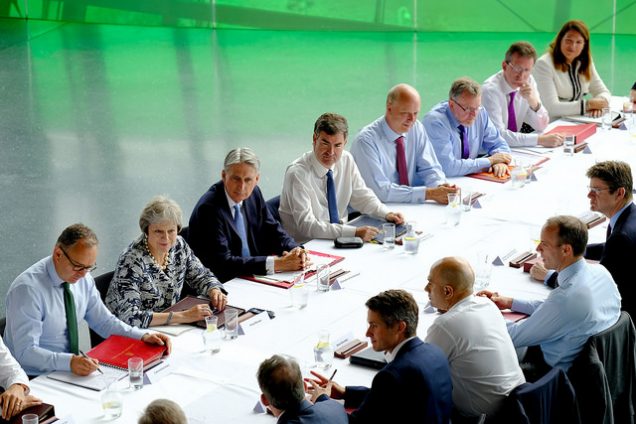

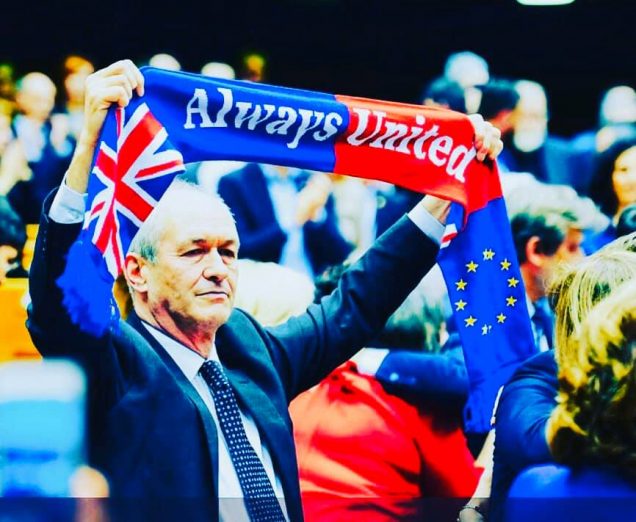
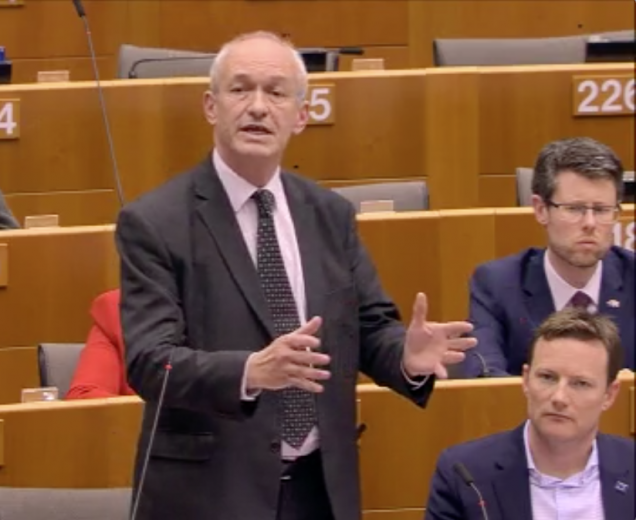
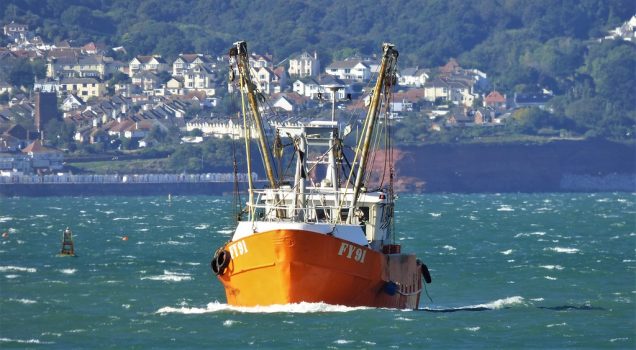
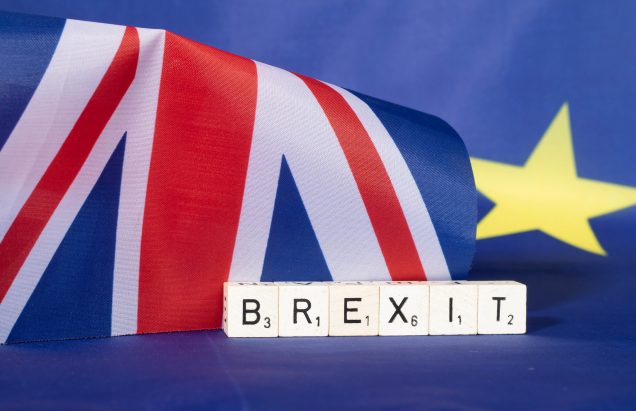
5 Comments